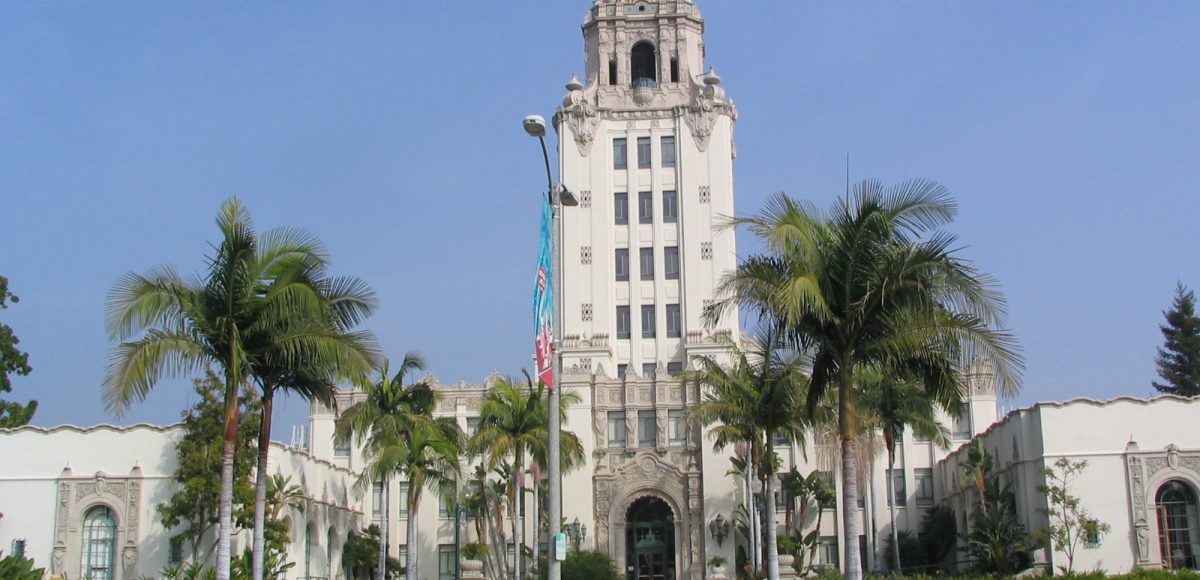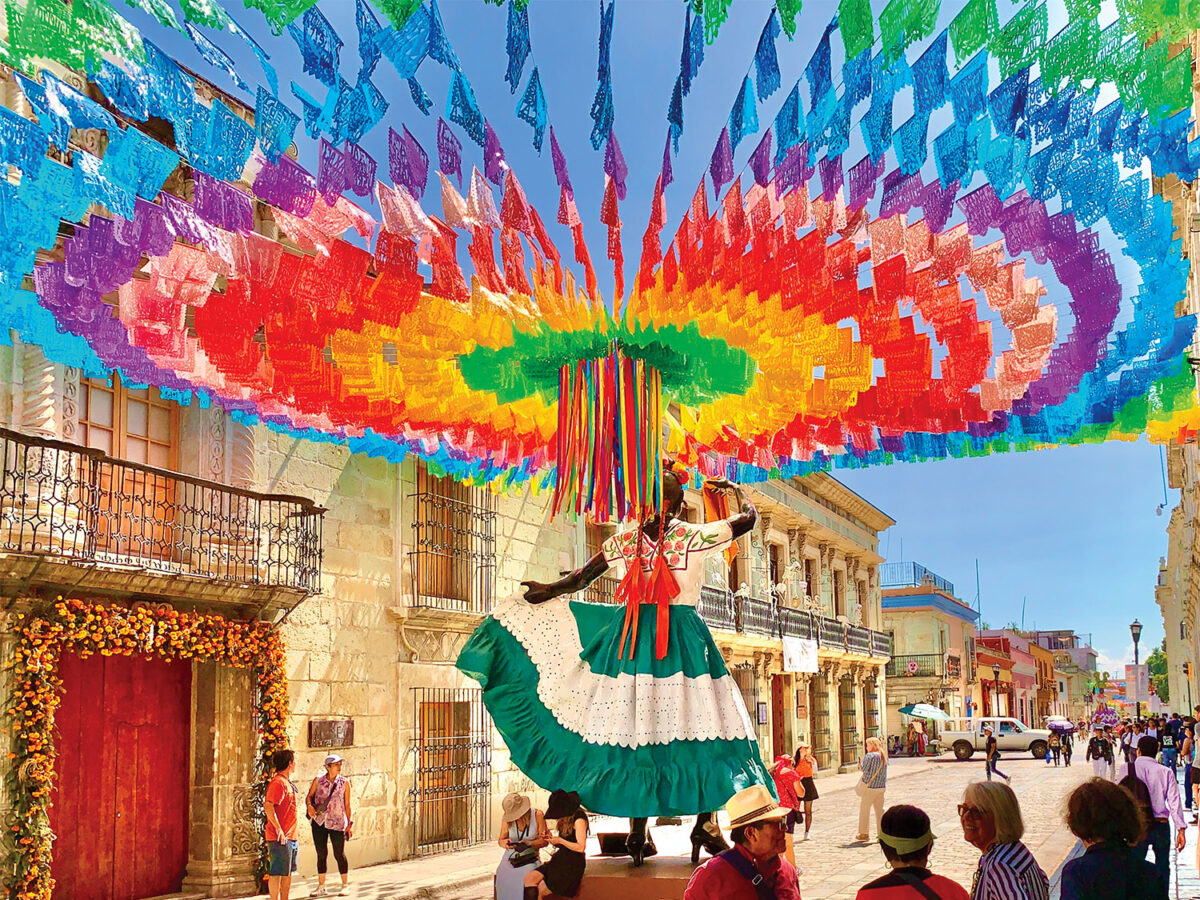Beverly Hills Courier columnist Dr. Eva Ritvo is a psychiatrist with more than 25 years’ experience practicing in Miami Beach. She is the author of “Bekindr- The Transformative Power of Kindness” and the founder of the Bekindr Global Initiative, a movement to bring more kindness in the world. She is the co-author of “The Beauty Prescription” and “The Concise Guide to Marriage and Family Therapy.” She is also the co-founder of the Bold Beauty Project, a nonprofit that pairs women with disabilities with award-winning photographers creating art exhibitions to raise awareness. Dr. Ritvo received her undergraduate and medical degrees from UCLA, and psychiatry residency training at Weill Cornell Medicine.
“Anybody can become angry – that is easy, but to be angry with the right person and to the right degree and at the right time and for the right purpose, and in the right way – that is not within everybody’s power and is not easy.” Aristotle
For months, we have been living in fear. We have been sheltering in place and many have seen friends and family get ill. Over 380,000 people have died. We have experienced a wide range of emotions as we shifted from fear to hope and back again. We have felt grief stricken, scared, isolated, sad, bored, frustrated, hopeless, claustrophobic and worried. At other times, we have found connection, creativity, joy and humor in these months at home.
Just as we are preparing to emerge from our battle against an invisible enemy, we find ourselves on a new battlefield against injustice. This one, in stark contrast, is unfolding right before our eyes in our front yard, in Beverly Hills.
Cities around the U.S. and even around the world are enraged about the killing of George Floyd. His death has struck a universal chord with words that align closely with our fears of the last many months, “I can’t breathe.” Thousands have put aside their fear of COVID-19 and are taking to the streets. Mass protests are occurring over police brutality and racial inequity.
Unlike the L.A. riots surrounding the Rodney King incident, which were local and organic movements, what is happening now is a global phenomenon. We learned from COVID-19 that “we are all in this together” and the protests and riots are no exception.
The world has changed. The power of the internet and social media to connect us is unlike any transformation civilization has ever experienced. We can no longer look away from the problems surrounding us. Just as the #MeToo movement demanded our attention, #BlackLivesMatter has captured our attention at this important moment in our history as we try to recover from a pandemic. We have a perfect storm of events leading to this boiling point.
As we watch images of protests turned violent on the news, we may find ourselves feeling many of the same emotions that we had with the start of the COVID-19 crisis. Our nervous systems are again under assault and our sympathetic responses are in overdrive. Our “fight, flight, or freeze” reaction has been reactivated. Last time, we collectively “froze” as we were instructed that this was our safest option.
The switch has been flicked and now “fight” response seems to be the reaction taking center stage. Images on the news trigger our own mirror neurons, and we may feel angry. Remember your mirror neurons are the portion of your brain that fire in response to what you see. Emotions are contagious and spread rapidly in groups. We have gone from months of catching and spreading fear to a week of catching a close cousin of fear – anger. Anger is a natural response to injustice, and we are deep in it now.
Just as with the COVID-19 crisis, the answers aren’t immediately clear. In a few months, we have learned so much. Armed with tools such as social distancing, handwashing and wearing masks, we can move towards “a new normal”.
Unlike the COVID-19 crisis, the issues leading to our current situation are rooted in hundreds and even centuries of history and will not be untangled so quickly. My hope it that we can take advantage of this unique moment in time when our brains are very changeable (neuroplastic). We are not doing anything the way we used to so we have an opportunity to be more focused and creative in the way we address these longstanding societal woes.
First, we must try to regain a sense of calm so we can activate our frontal lobes where complex problem solving occurs. “Fight, flight or freeze” will do nothing to solve the longstanding issues of racial injustice impacting our country. These deep- seated issues require complex solutions at the individual, local, state and national levels. We must again bring together the best minds to work collaboratively to solve them and ease the anger in our country. We are at a tipping point. Years of divisiveness and over-simplistic thinking have led us to the brink. Change must occur and the time is now.
As the noted public health expert Samuel Crumbine said, “the health of each of us depends on the health of all of us.” In simultaneously unfolding situations, we are being given the chance to show that we can embrace this vital lesson.
A large segment of the population is angry and that can no longer be ignored. When their anger is heard, the situation can begin to be defused. In some cases, around the country, the simple act of the police or national guard dropping to one knee communicates volumes. As tensions are relieved, healing begins. Peaceful protests with participants wearing masks and maintaining optimal distance show the world we can embrace change.
Here are constructive steps we should take right now:
Each of us must do our part to learn how to manage our own anger at the situation. As with any emotion, we must allow it to surface.
We should find a safe place to explore our feelings of anger. Put emotions into words if possible. Speak with a friend, family member or therapist, or write them down.
Psychologist Carl Jung contended that “what you resist not only persists but will grow in size.” Today we often hear this viewpoint shortened to “what you resist persists.” Once you have identified your anger, reflect on what precipitated it.
Try to be specific about what the triggers are. Remember that hurt and fear give rise to anger so allow yourself to experience those emotions as well.
We must actively decide how to constructively manage our anger. Anger can be a very important and productive emotion when channeled properly but can also create tremendous harm.
Knowing you are not alone in your pain has tremendous healing powers. Coming together in groups such as the peaceful protestors have done, creates hope for a brighter future.
Social media has become a common place to go to express anger but must be carefully managed. Innumerable problems can arise from posting with heightened emotions. By removing mirror neurons from the interaction and not seeing the response of the other, misunderstandings and excess rage and even cruelty can occur.
Contact your legislatures. In the last crisis, we were at the mercy of our health care workers and we rallied behind them and supported them. With the current tension, we must work within the democratic framework to affect change. Express your viewpoint in a thoughtful way and share with local and national authorities.
Discharge your rage through vigorous exercise. If your body is geared up to fight a perceived threat, channel that energy into working out. Exercise triggers the release of endorphins and we will feel better after. As our access to gyms is still limited, a walk, run or bike ride will be the best option.
Restore your sense of well-being by resting and eating well. Activities such as meditation, yoga and deep breathing will also help you feel calm and move out of an angry state. Simple techniques like counting to ten can have a big benefit by activating your frontal lobe.
Remove the focus from your agitated internal state and care for others. Remember we are still in a pandemic so there are countless ways to help such as bringing food to a neighbor or healthcare worker. Caring for others personally or through financial donations can help you feel better and regain a sense of calm. When you feel better, you can move towards finding a solution to complex problems at hand.
Remember that trauma can also bring growth. Albert Einstein said, “In the middle of every difficulty, lies opportunity.” We are starting to see much of the positive growth from the COVID-19 crisis as scientists around the world collaborate in unprecedented ways, families come back together, and our environment gets to “breathe.” Similarly, we must learn lessons from our current challenges and move toward a society that upholds the rights of all its citizens.
It is up to each of us, to ensure that we seize the opportunity to emerge from yet another crisis stronger, wiser and kinder both as individuals and as a society as a whole. I continue to wish you well as we journey together through yet another historic moment in time.







